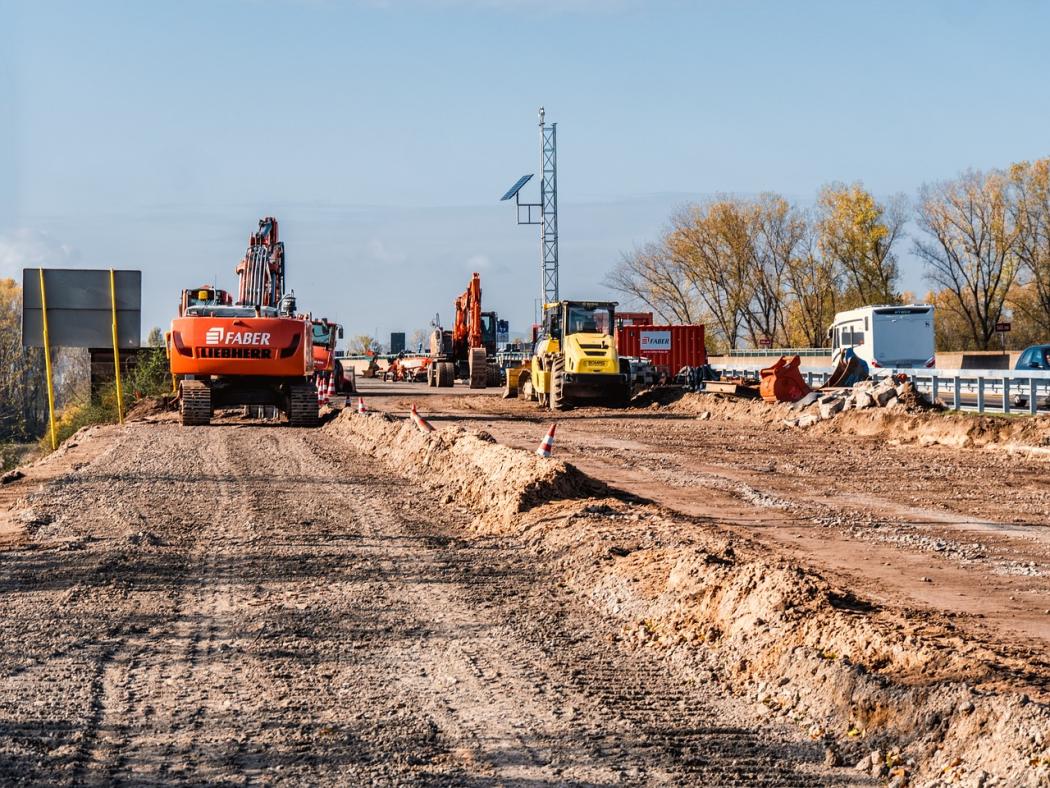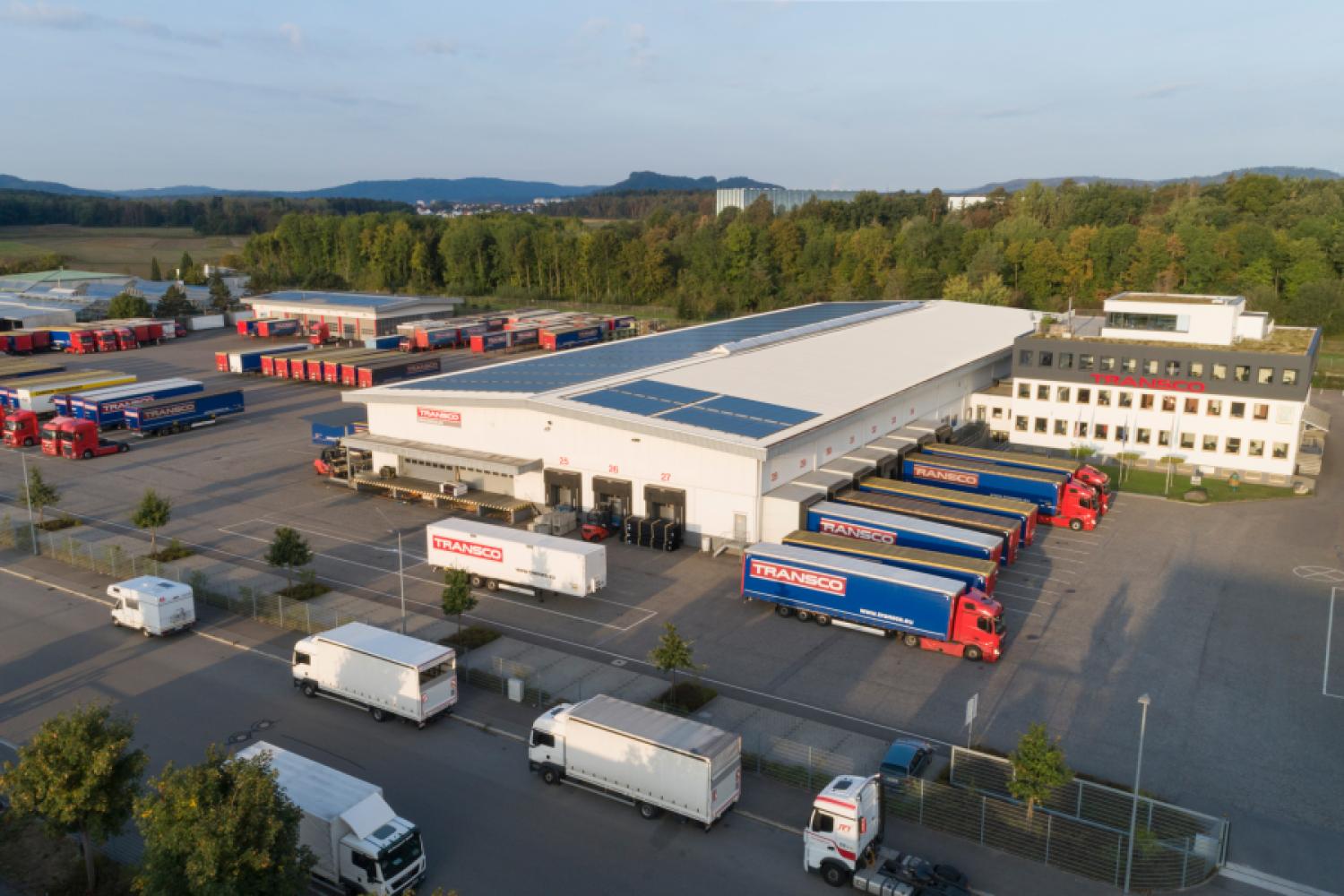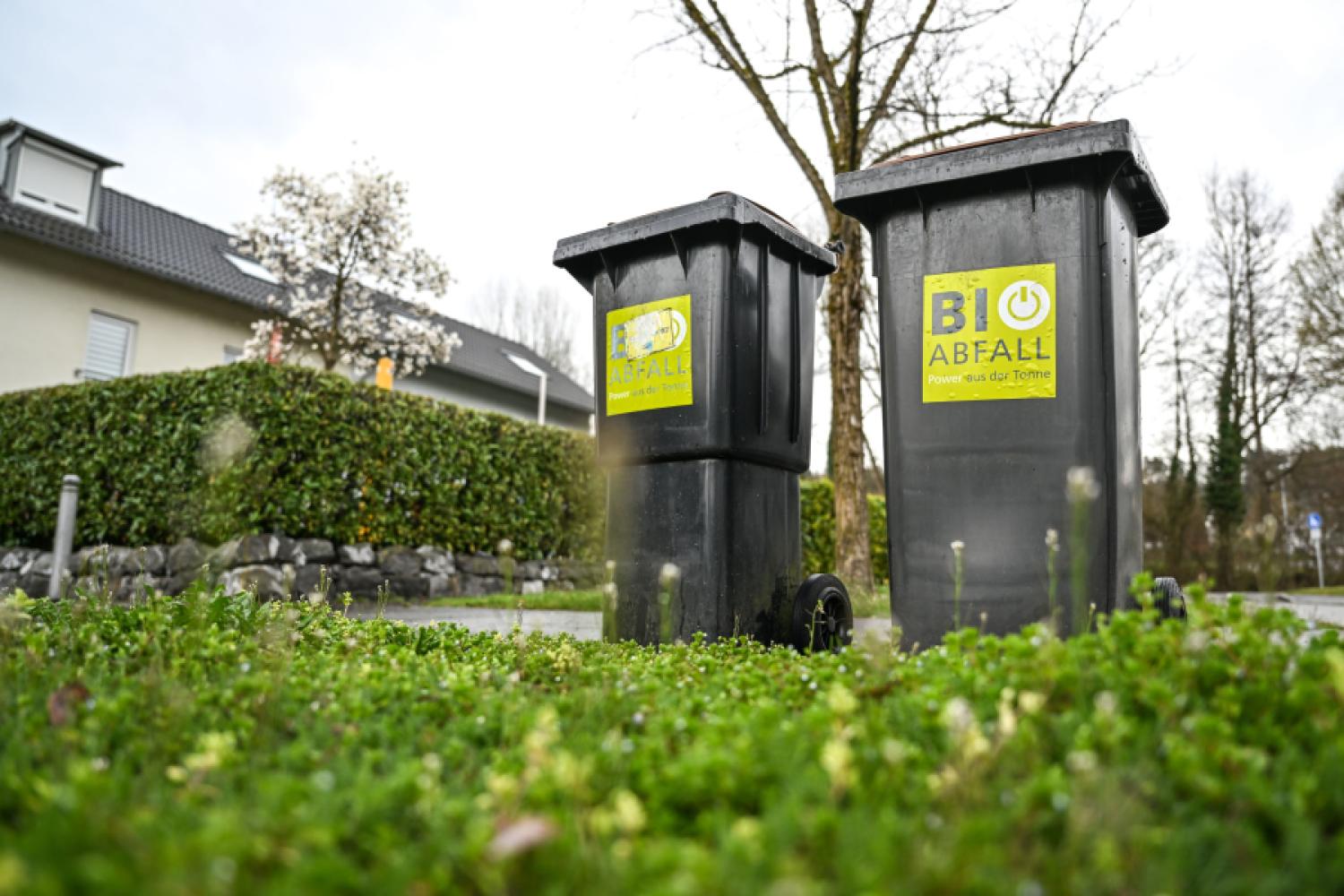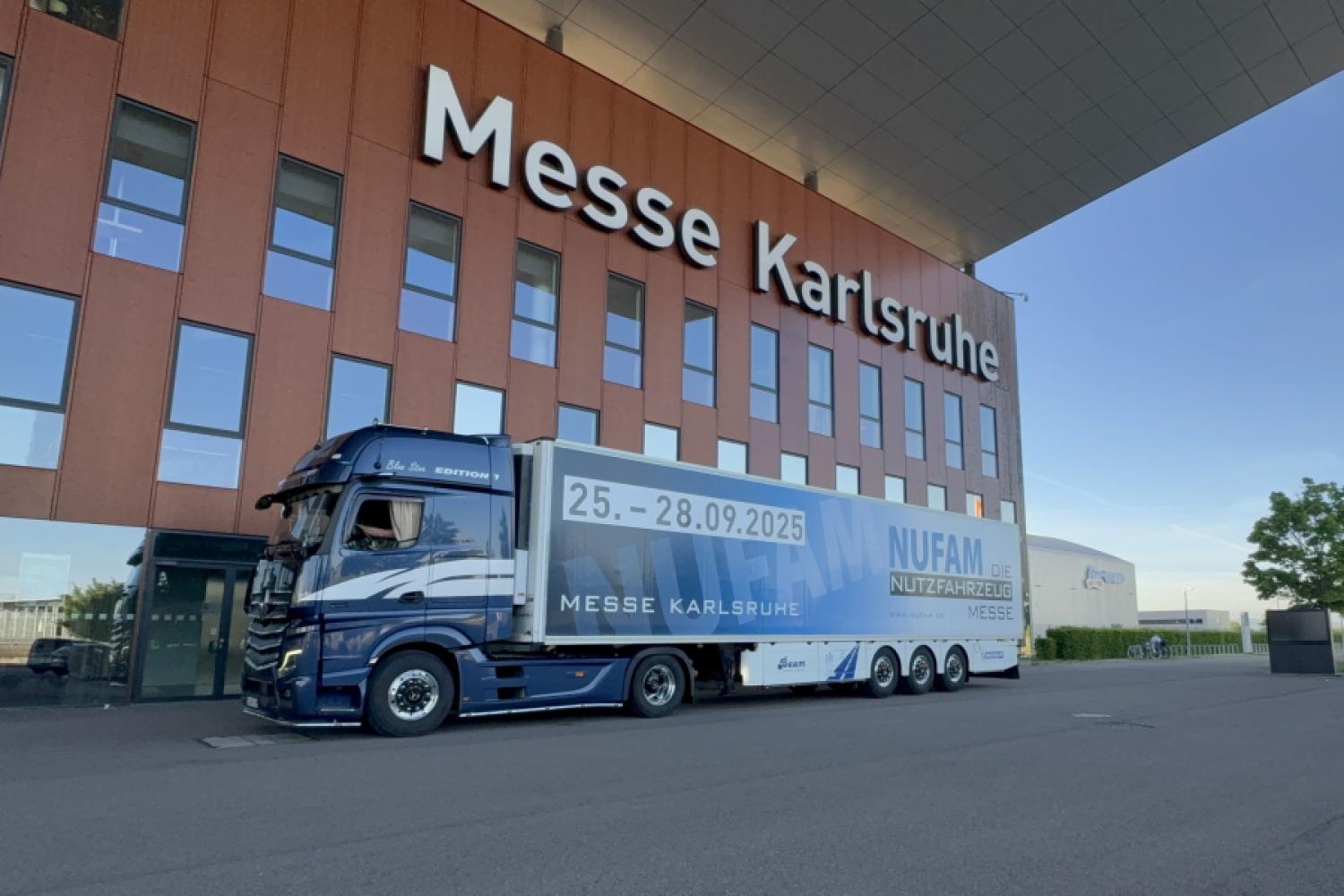The federal budget for 2025 allocates expenditures of 38.26 billion euros for the Federal Ministry for Digital and Transport (BMDV). This is stated in the draft law for the 2025 budget law (Document 21/500). This figure is about six billion euros below the previous year's level. Despite the reduction, the transport budget remains the largest investment budget of the federal government.
From the perspective of the freight transport sector, the budget draft sends mixed signals: On one hand, the budget remains strong in investments. On the other hand, there are clear priorities that present both opportunities and uncertainties for transport companies.
In Budget Item 12, investments amounting to 23.72 billion euros are planned. Additionally, 11.71 billion euros from the special fund "Infrastructure and Climate Neutrality" are available for investments in transport infrastructure. The ministry's revenue is expected to be 14.23 billion euros, with 13.37 billion euros coming from the truck toll - 1.77 billion euros less than in 2024.
Focus on Maintenance and Digital Modernization
For federal highways, the budget draft includes expenditures of 10.82 billion euros. Of this, 9.39 billion euros are allocated for planning, construction, maintenance, and operation. The investments of Autobahn GmbH decrease to
3.63 billion euros (2024: 6.03 billion euros), with 2.08 billion euros available for planning, operation, and administration.
The budget draft places particular emphasis on the maintenance of existing infrastructure. The federal government explicitly follows the strategy "maintenance over expansion". A large portion of the funds from the special assets is earmarked for the rehabilitation of bridges - a total of 2.5 billion euros.
Moreover, the budget plan names stronger support for digital infrastructure. Test fields for automated driving, AI-supported traffic management, and digital applications on roads, railways, and waterways are to be further developed. The federal government calls these projects an important building block for more efficiency and climate protection in the transport sector.
Assessment from the Industry's Perspective: Road Freight Transport Benefits – But Uncertainties Remain
For companies in road freight transport, the budget provides positive impulses in several areas. The high level of funding for the maintenance of the highway network and especially for bridge renovations corresponds to a central demand of the industry. The poor condition of many bridges – especially on heavily trafficked routes – has regularly led to closures and detours in recent years. Investments in the existing infrastructure therefore directly impact
the reliability of supply chains.
At the same time, the decline in revenue from the truck toll – according to the budget draft from 15.14 to 13.37 billion euros – raises questions. Although no new burdens are announced, the industry might see pressure to adjust or expand the toll regulation in the future due to the difference.
Rail Investments Decrease - Shift to Special Funds
For federal railways, 12.6 billion euros are planned – a significant decrease from the 16.4 billion euros in the previous year. The budget draft justifies this with a shift of important items into the special funds. These include, for example, the infrastructure contribution for the maintenance of railway lines (formerly 7.47 billion euros) and funds for the European Train Control System ERTMS (formerly 1.08 billion euros).
At the same time, funds for reducing track prices in rail freight transport increase to 275 million euros. For operators of combined transports, this is an important signal. Lower network usage charges strengthen the competitiveness of rail freight transport. However, the decline in direct investments in infrastructure could, in the medium term, affect the network's performance – especially in new and expansion projects.
Deutsche Bahn AG
is to receive an equity increase of 8.48 billion euros, along with a federal loan of three billion euros for investments in the federally owned rail infrastructure.
Municipal Funding Doubled – Digitalization Relevantly Long-term
The federal government's focus on expansion extends to the municipal sector. Funds for improving traffic conditions in municipalities rise to two billion euros. Financial assistance to the states for public rail passenger transport increases to 1.11 billion euros, and investment grants for state-related companies like Deutsche Bahn AG to 888.9 million euros.
The planned digitalization measures, such as test fields for automated driving and AI-based traffic applications, also offer long-term potential for the freight transport industry. In the short term, however, the effects are likely to remain minor due to the lack of comprehensive applications and standards.
Conclusion: Solid Foundation, but Little Room for Future Investments
For the transport and logistics industry, the 2025 budget provides a largely solid foundation – especially with regard to maintaining road infrastructure. The digital modernization and targeted promotion of rail freight transport set strategic accents. At the same time, the cuts in the rail sector and the shift to special funds create uncertainties in medium-term investment planning.






